
Early breast cancer: higher quality of life reported with a personalised follow-up
A nurse-led follow-up strategy including self-management interventions, use of patient-reported outcomes and phone consultations also resulted in lower fear of recurrence, anxiety and depression

Colorectal cancer screening: performance of a blood-based test is promising
A study reports high sensitivity and specificity of a cell-free DNA blood-based assay compared to colonoscopy
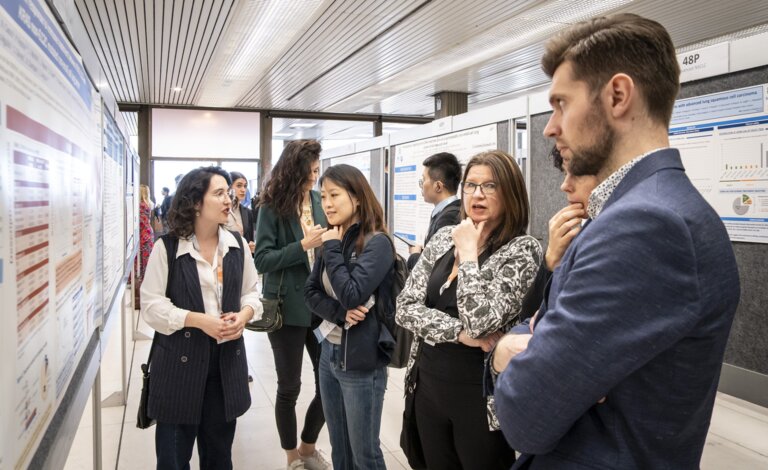
A study shows correlation between fatty acids intake and response to immunotherapy
Dietary regimens may alter the microbiome composition, increasing bacteria with a beneficial immunogenic effect

Concomitant immunotherapy plus chemoradiotherapy does not improve outcomes in advanced lung cancer
A study reports no significant survival benefits with the concurrent treatment with durvalumab in patients with unresectable stage III NSCLC
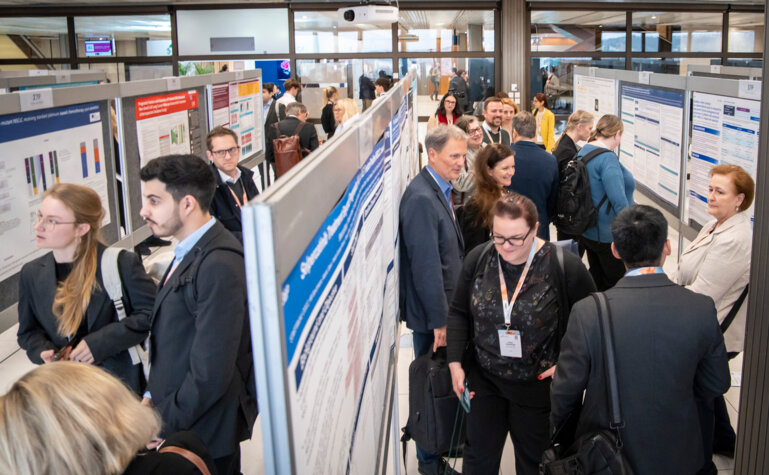
Are ADCs in lung cancer living up to expectations?
High rates of adverse events in the experimental setting seem to limit the potential of antibody–drug conjugates for patients with NSCLC
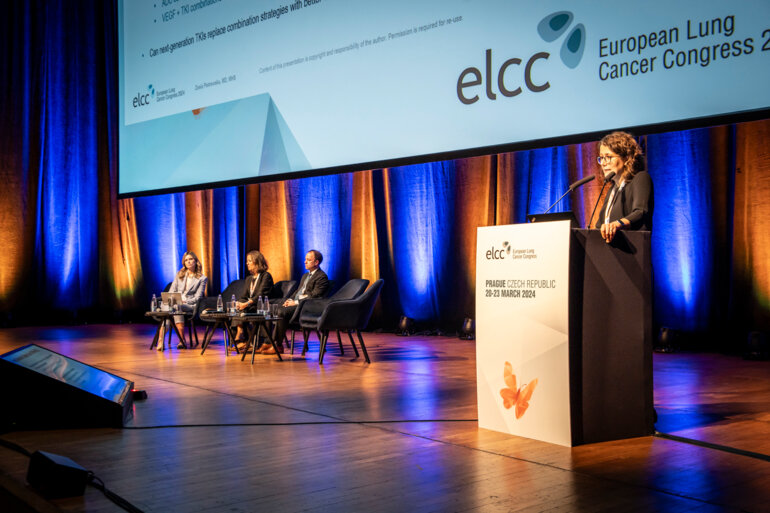
Post-progression data confirm the benefits of novel combinations for EGFR-mutated NSCLC
Analyses of FLAURA2, MARIPOSA and MARIPOSA-2 trials provide further guidance on treatment choices for advanced lung cancer, but questions remain about optimal sequencing
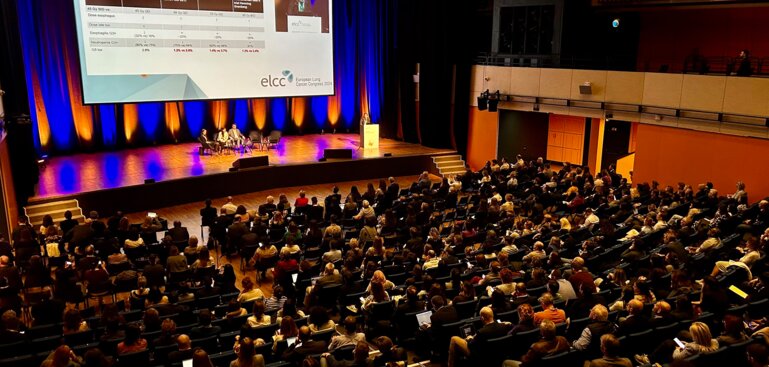
Could subcutaneous administration become the standard for immunotherapy?
Two studies add further evidence of the advantages of this route for delivering immune checkpoint inhibitors for patients and healthcare sustainability

Promising efficacy data reported for a targeted agent harbouring a MET alteration in NSCLC
Efficacy for savolitinib in patients with MET exon 14 alterations is in line with that for other MET tyrosine kinase inhibitors, but safety profile is different

Europe cannot afford to wait any longer for cleaner air
Despite recent progress, lung cancer remains deadly and difficult to treat — and preventable, to a much greater extent with the right actions to improve the quality of the air we breathe
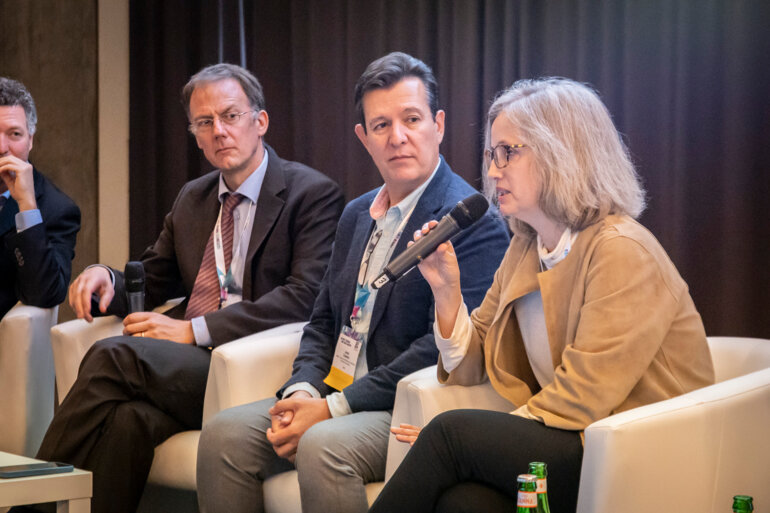
A new combination treatment shows early promise in GEP-NECs
Lurbinectedin and irinotecan demonstrate a synergic clinical effect in patients with neuroendocrine carcinomas of gastroenteropatic primary site after chemotherapy failure
